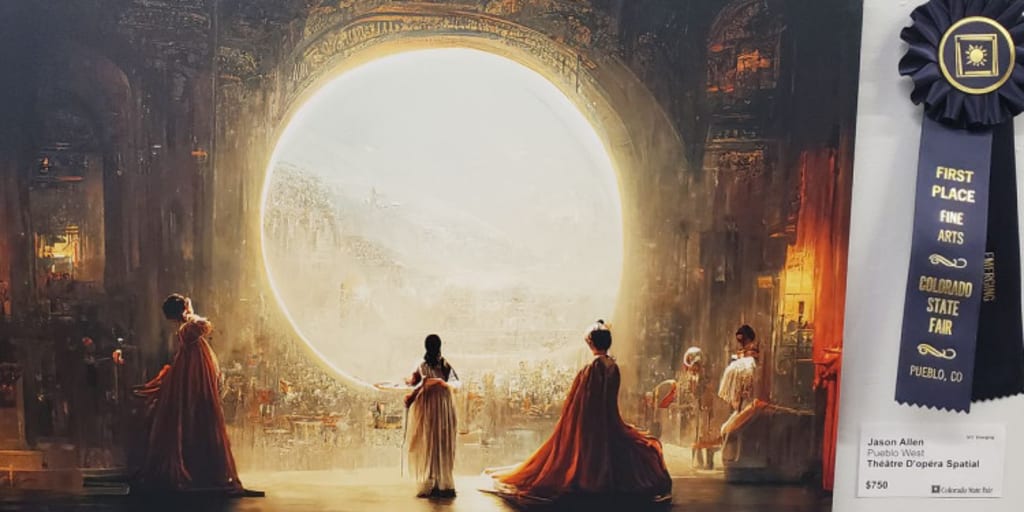THE TOP 5 STORIES THAT SHAPED THE WORLD
5 BEST STORIES IN THE WORLD

THE TOP 5 STORIES THAT SHAPED THE WORLD
1.The Odyssey (Homer, eighth Century BC)
The Odyssey, Homer's incredible sonnet of the eighth Century BC, beat our survey. For what reason was it the best option? As per essayist and telecaster Natalie Haynes: "In light of the fact that it is one of the extraordinary primary fantasies of western culture; since it asks being a legend; since it has extraordinary female characters in it, as well as men; since it is brimming with divine beings and beasts and is appropriately epic and on the grounds that it drives us to scrutinize the suspicions we could have about missions, war, and the consistently recent concern of returning home." Lisa Appignanesi, writer and pundit, selects impact on undeniably followed, contending "It's a fundamental story format - of the excursion which is likewise a return". Kenneth W Warren, Teacher of English at the College of Chicago, concurs. "There's no way to avoid how central Homer's awe-inspiring has been for narrating in the West. The Odyssey has given the design to the journey account and the layout for describing male and female temperance in manners that shape, empower, and limit our narrating propensities into the present." David Varno, scholarly pundit, features the creativity woven through the amazing sonnet: "The many victories of mind and coarseness with respect to Odysseus and Penelope probably meant something throughout the long term." In the mean time, Bethanne Patrick, Contributing Manager of Lit Center, selects another strand. "I accept the excursion of Odysseus characterized a dash of independence specific to Western culture that has prompted a lot of progress on the planet - great and terrible." And the writer Beverley Naidoo focuses on the manners in which it has become inserted in more extensive culture: "The numerous accounts inside Odysseus' 10-year venture home after the Trojan conflict, while reliable Penelope sits tight for himself and child Telemachus looks for him, have leaked profound into our social cognizance. The human components inside this horde of stories keep on resounding as the centuries progressed, permitting unending revaluation."
2.Uncle Tom's Cabin (Harriet Beecher Stowe, 1852)
Harriet Beecher Stowe's 1852 novel came in at number two, and for Zimbabwean author Tendai Huchu, "it is difficult to consider any abstract work today that might at any point have such an effect." Jenny Bhatt, essayist and Contributing Manager at Pop Matters refers to it as "the first broadly perused political novel in quite a while" and "the main work of fiction that straightforwardly tended to the remorselessness of servitude, human double-dealing, the disproportionate overall set of laws, the dug in man-controlled society, the requirement for woman's rights, from there, the sky is the limit." It became one of the most famous books of the 100 years - in the US and abroad - and is credited with fundamentally changing the impression of subjugation, with numerous citizens noticing its impact on the cancelation development. Its human concentration and call for compassion hit home among per users. Writer and writer Roxana Robinson says it "recounted the narrative of servitude through the eyes of the subjugated, and was quite possibly the earliest novel to show dark characters as fathers and moms, guardians and youngsters - people, who were living under cruel circumstances." The novel isn't without its deficiencies - interpreter Caroline Alexander refers to it as "embarrassingly wistful" - and has maybe, not matured well: today its characterisation is condemned for its "unfortunate generalizations" (Jenny Bhatt), while Tendai Huchu calls attention to that "the term Uncle Tom has turned into a designation of misuse, a long way from what the writer planned." In any case, its effect is evident, impacting ages of journalists, and being converted into a few dialects. Writer, writer and pundit Elizabeth Rosner says it "successfully helped a whole country not exclusively to scrutinize its vile regulations and practices yet in addition to change everlastingly an arrangement of brutally bigoted dehumanization. That, as far as I might be concerned, characterizes writing at its ideal." And for Rebecca Steinitz, writer and pundit at The Boston Globe, "it keeps on being a touchpoint for our retribution with race and representation.
3.Frankenstein (Mary Shelley, 1818)
Mary Shelley's 1818 novel, which commends its 200th commemoration this year, is "the quintessential story of the cutting-edge world" says Roger Luck Hurst, Teacher of Current and Contemporary Writing at Birkbeck School, London. It's a "fierce reconfiguring of how we might interpret life and passing, God and human and machine, in the hardhearted light of innovation," as per the US writer and scholarly pundit Lev Grossman. The convincing story of the researcher who rejuvenates an animal has become perhaps of the most persevering through picture in present day writing and then some, and the beast fills in as "a definitive similitude", says Lena Wånggren, Exploration Individual in English Writing at the College of Edinburgh. The original's effect, both as far as writing and in more extensive culture is unfathomable, as Nilanjana S Roy, writer and Monetary Times reporter, brings up: "Frankenstein impacted researchers as well as journalists… [and] addresses the cutting edge feeling of dread toward the manifestations that twist beyond our control"; for Tess Taylor, artist and commentator for NPR's In light of everything "this book has become not just a layout whose fundamental story we presently regularly share, however a focal point through which to peruse our reality."
4. Nineteen 84 (George Orwell, 1949)
George Orwell's weighty tragic novel Nineteen 84 was a famous decision with our electors. Why? "Since it catches a reality about despotism and mankind's set of experiences," says book pundit Alex Clark. Writer and commentator at the Boston Globe, Rebecca Steinitz, in the mean time, remarks on how the story's "subjects of despotism, innovation and observation have been perpetually pertinent and full since the day it showed up." Adam Thorpe, pundit and writer of Missing Fay among different books, focuses to the book's one-of-a-kind mix of past and future: "The eponymous year itself might be well beyond, and the clever's contraptions presently have a curious, even hipsterish air, yet the date is as yet fixed in its terrible pretense as a dream representing things to come." There is an "uncanny exactness" says Jean Seaton, Teacher of Media History at Westminster College, in the book's meaning of current oppression: "Presently like never before, we appear to live in the structure it recognized… Even the writer's name - 'Orwellian' - evokes a universe of thought control. Its accuracy about the systems of misleading publicity and the hardware of mistreatment has got it prohibited by each dictator system: they are terrified of its ability to name frightfulness. A handbook for those needs to oppose." Every one of the individuals who picked Orwell's work of art appear to settle on a certain something - the clever's terrifying premonition. "Elder sibling stands out," says writer and journalist Nilanjana S Roy. "Yet, it's the rest, the enthusiasm to join crowds, to comply, to hurt, that he got so extraordinarily." Or, as BBC Culture Proof reader Rebecca Laurence concisely puts it: "a definitive twentieth Century novel turns into a definitive 21st-Century novel. Startling."
5. Things Fall Apart (Chinua Achebe, 1958)
Recounting the tale of the colonization of a Nigerian clan according to the perspective of an African, Things fall apart detonated generalizations about Africa and rejuvenated the genuine effect of diverse misconceptions. That's what Achebe said "this was whenever we first were seeing ourselves, as independent people, instead of half-individuals, or as Conrad would agree, 'simple spirits'" - a considerable lot of the individuals who answered our survey concurred, and it arrived at number five. "Distributed inside my lifetime, it has been feasible to see the impact of a solitary work of fiction in offering a profoundly unique 'perspective on Africa'," says the writer, Beverley Naidoo. "The European pioneer story would never go back after this first work by Achebe was distributed." It's "an enabling African book: it carried African experience to the world like no other African fiction has", as per Dominica Dipio, Academic administrator of Writing at Makerere College in Uganda. Thing Passage, a writer and columnist from Togo, refers to Chinua Achebe's 1959 novel as "an achievement in African writing. It has come to be viewed as the model current African novel in English, and is perused in Nigeria and all through Africa". By changing the channel through which the landmass was seen, Things Self-destruct could assist with combatting biases. "The novel showed per users what an African world resembled when it was not being decreased to canned pictures vivified by bigoted suspicions," says Ainehi Edoro-Glines, a Nigerian scholar. "Achebe's development was to change the shows of present day narrating so that as opposed to seeing murkiness any time per users saw Africa, they'd see what each novel was intended to show - a mind boggling portrayal of life."
About the Creator
Kica
Writing is my passion and there is enough in this world to write about.
Enjoyed the story? Support the Creator.
Subscribe for free to receive all their stories in your feed. You could also pledge your support or give them a one-off tip, letting them know you appreciate their work.






Comments
There are no comments for this story
Be the first to respond and start the conversation.